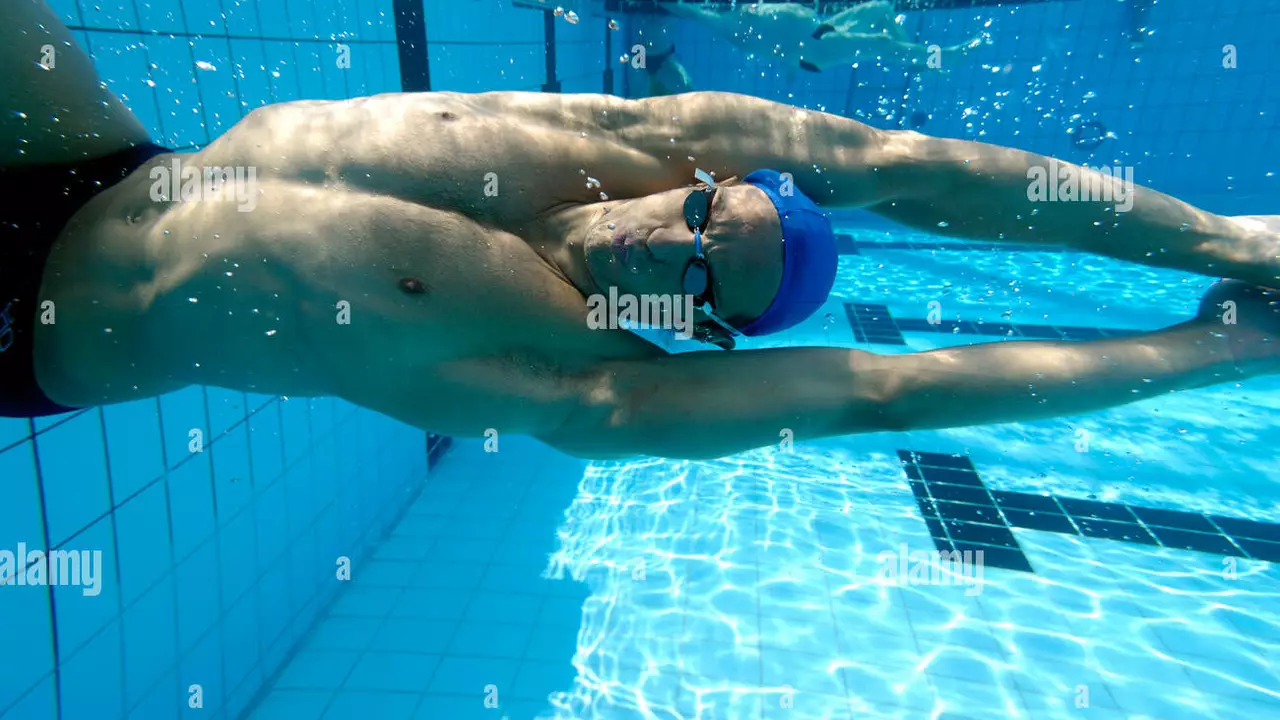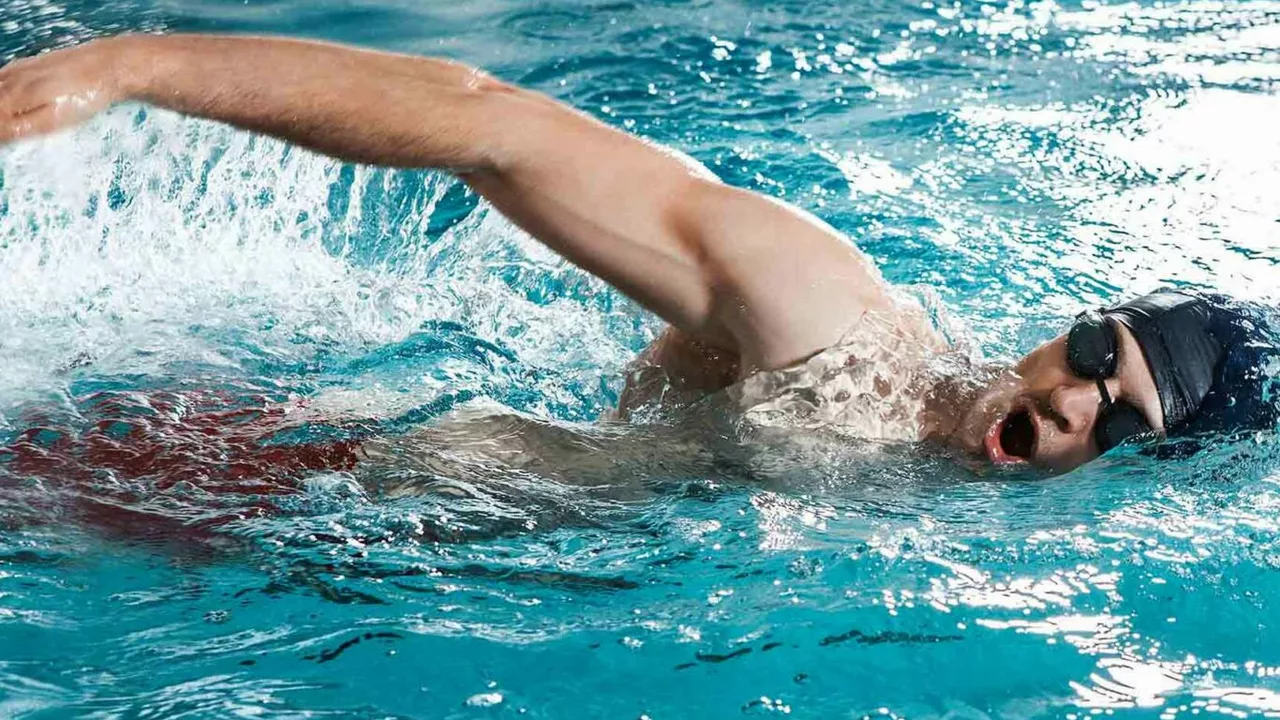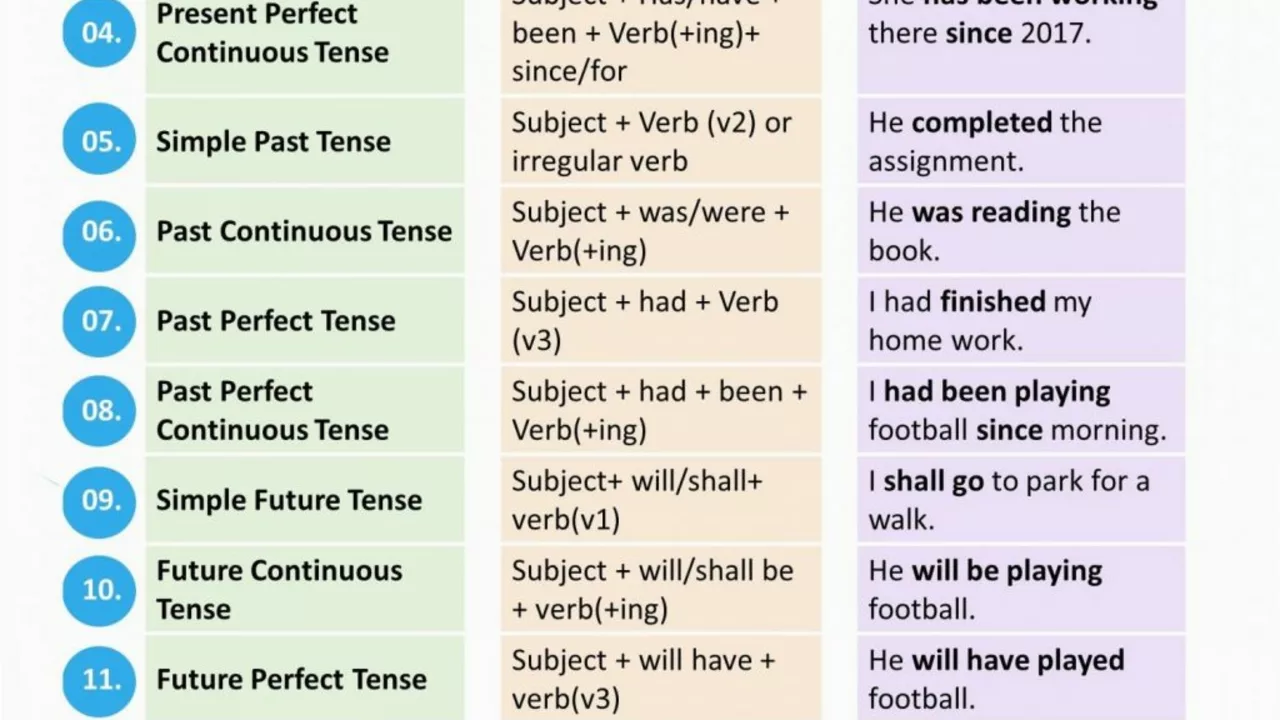July 2023 Archive – Cardiff Swim Club
When you browse the July 2023 archive, a collection of posts published by Cardiff Swim Club in July 2023. Also known as July ’23 posts, it brings together everything the club shared in that month, from technique hacks to fun facts.
One of the core topics in this archive is breathing in swimming, the practice of timing inhales and exhales to improve stroke efficiency. Proper breathing enhances buoyancy, steadies balance, and lets swimmers stay in the lane longer without tiring. The posts explain how rhythmic breathing boosts oxygen flow, which in turn supports brain health, the mental well‑being benefits gained from regular aquatic exercise. Studies show that the steady pulse of freestyle or backstroke raises cerebral blood flow, sharpening focus and easing stress. So, mastering your breathing pattern not only makes your swim smoother – it also gives your mind a workout.
Speed, Records, and a Dash of Language
The archive also spotlights the fastest swimmer, the athlete holding the top speed record in a given year. In a tongue‑in‑cheek post, the club imagined a future champion named Glubbert McFinnyFins, illustrating how record‑breaking performance inspires community ambition. Highlighting such figures reminds readers that elite speed comes from disciplined technique, strong kicks, and efficient breathing – the very elements covered earlier.
Another quirky entry tackles English usage with the sentence “I didn’t know that you can’t swim.” The discussion clarifies why the past‑tense form “couldn’t” matches the earlier verb “didn’t know.” While the grammar point feels small, it matters when swimmers share advice on forums or during coaching sessions. Clear language prevents misunderstandings about safety rules, training schedules, or competition eligibility.
All these pieces share a common thread: swimming isn’t just a sport, it’s a platform for health, learning, and community dialogue. The July 2023 archive shows how breathing technique, brain benefits, record‑setting speed, and precise language each play a role in a swimmer’s journey. Below you’ll find the full list of articles, each offering a bite‑size insight you can try in the pool today.
 Jul, 30 2023
Jul, 30 2023



